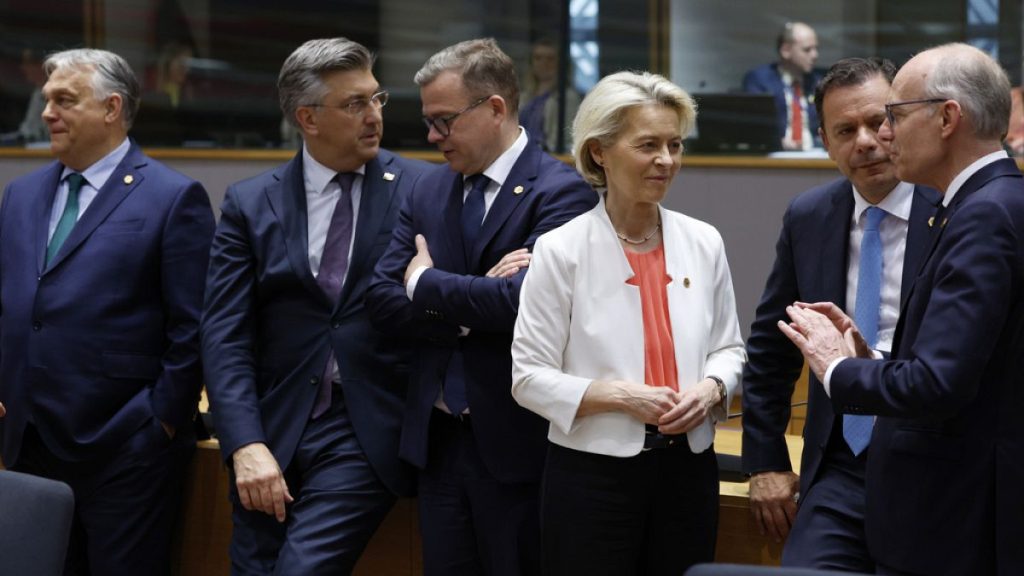EU leaders will convene in Brussels to finalize and adopt the Strategic Agenda, which will guide the next European Commission’s work for the 2024-2029 period. The ongoing conflict in Ukraine will heavily influence the agenda, impacting the EU’s energy, economy, and security. Despite some resistance, the Green Deal, aimed at making the EU carbon-neutral by 2050, will remain a key focus. The focus will shift towards using green policies to enhance competitiveness and security, with a greater emphasis on implementation rather than legislation.
Geopolitical challenges beyond the Russia-Ukraine conflict, such as China’s trade policies and the need for partnerships in Africa and South America, will also shape the Strategic Agenda. Building a strong and secure Europe with increased industrial capacity, civilian and military, is a priority to reduce dependence on the US, especially if former president Donald Trump returns to power. The potential impact of US policy on Europe’s defence capabilities, particularly within NATO, is a significant concern for EU leaders.
One of the key questions facing EU leaders is how to finance their ambitious goals. Reforms to optimize the European budget, enhance the role of the European Investment Bank, and potentially explore new debt options are being considered. The draft agenda includes a chapter on “Free and Democratic Europe” to bolster the rule of law, as well as plans for enlargement to include countries like Ukraine, Moldova, and Western Balkans. Ensuring these countries can adhere to EU law and potentially reevaluating decision-making processes, including unanimity in foreign policy, may be necessary as the EU expands.
The focus on implementation of the European Green Deal, while navigating geopolitical challenges and potential shifts in US policy, underscores the complex task facing EU leaders as they finalize the Strategic Agenda. Balancing priorities related to energy, economy, security, and competitiveness will be crucial, particularly as the EU seeks to reduce dependency on Russian fossil fuels. The need for financial resources to fund these ambitions, including potential reforms to the European budget, the role of the European Investment Bank, and considerations of new debt options, adds another layer of complexity to the agenda.
The Strategic Agenda will also address efforts to strengthen the rule of law in the EU, prepare for potential new member states, and reevaluate decision-making processes as the EU expands. Enlargement plans for countries like Ukraine, Moldova, and Western Balkans will require significant reforms and governance structures both within these countries and at the EU level. Decision-making mechanisms, including reconsideration of unanimity in foreign policy, may need to be revised to accommodate a larger, more diverse EU membership.
The upcoming summit in Brussels will be a critical moment for EU leaders to finalize and adopt the Strategic Agenda, which will set the course for the next European Commission’s work. Addressing energy, economy, security, and competitiveness challenges, while navigating geopolitical shifts and potential US policy changes, will test the EU’s ability to adapt and lead in a rapidly evolving global landscape. Financial considerations, enlargement plans, and governance reforms will also be key components of the agenda as the EU grapples with complex internal and external dynamics.













